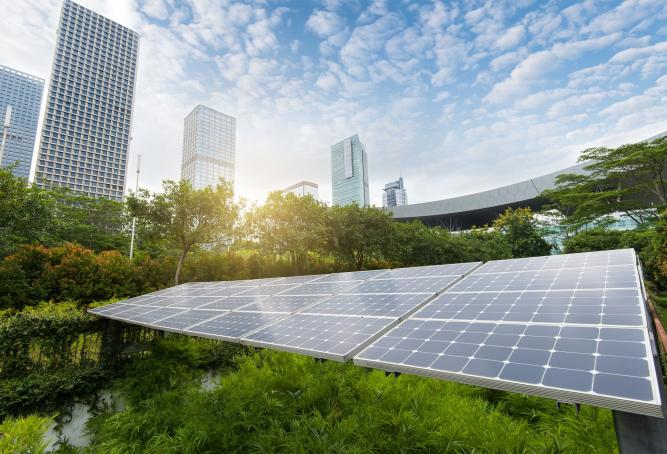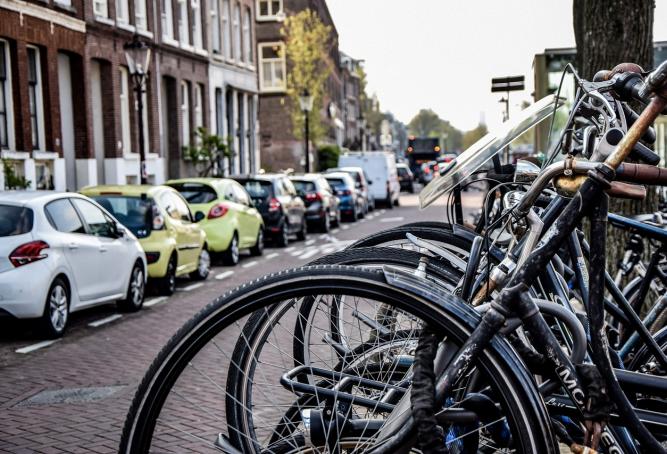Outputs
Modelling of economic and technological developments as well as emissions is key part for policy and strategy development at the EU level and in a number of Member States.
Meeting the long-term goals of the Paris Agreement requires profound changes to current patterns of socioeconomic development including consumption, employment, and infrastructure affecting all parts of society including stakeholders.
In this report we analysed how EU Member States addressed the Land Use, Land Use Change and Forestry (LULUCF) sector as well as other carbon removal options in their national LTSs.
This reports presents the finding of analysing the long-term climate strategies of Slovenia, Croatia and Austria.
Transport and mobility are an essential part of our daily lives. Unfortunately, currently, most of the transport modes depend on fossil fuels.







